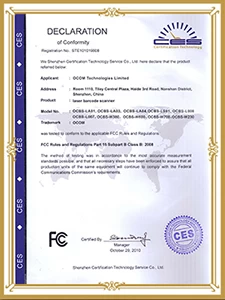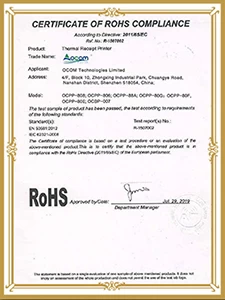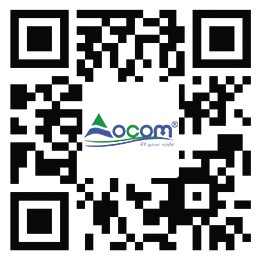From Warehouse to Wilderness: How Rugged Smart Terminals Empower Digitalization in Outdoor Operations
When we shift our focus from orderly warehouses to vast outdoor environments—highways, construction sites, farmland, and power inspection sites—data collection faces much harsher challenges. Extreme temperatures, heavy rain, dust, and intense sunlight can be fatal to electronic devices. This article explores how specialized ruggedized smart data terminals have become indispensable digital tools in outdoor operations.
I. Unique Challenges of Outdoor Operations
Outdoor workers, such as inspectors, surveyors, forestry investigators, and first responders, need to record large amounts of field data. Traditionally, they relied on paper charts, cameras, and handheld GPS devices, but this approach presents difficulties in integration, high risk of data loss, and inefficiency. More importantly, consumer electronics are extremely vulnerable in such environments: screens are unreadable in sunlight, water damage can instantly ruin devices, and battery life plummets in cold weather.
II. Rugged Terminals: Technology Built for Extreme Environments
Smart data terminals designed for outdoor and industrial environments (e.g., devices with IP67 ratings) address these challenges from the ground up:
- Environmental Protection: High-level dust and water resistance allow devices to operate normally in heavy rain, mud, or dusty conditions. Wide-temperature design ensures stable performance in both extreme cold and heat.
- Sunlight Readable: Equipped with high-brightness displays, these devices remain clearly visible even under direct sunlight—a feature unmatched by consumer-grade products.
- GPS & Connectivity: Built-in high-precision GPS modules provide accurate positioning and navigation for outdoor operations. Meanwhile, 4G LTE compatibility ensures seamless data communication with command centers, even in remote areas, enabling real-time transmission of field data.
- All-Day Battery: Large-capacity batteries support continuous use throughout the day. Some models even support hot-swappable batteries, allowing users to replace batteries without powering off the device, ensuring uninterrupted operation.
III. Application Scenarios
- Utility Inspections: Inspectors from power, water, and gas companies use handheld terminals to scan equipment QR codes, record operational status, and upload photos of potential hazards. All data, including location information, is transmitted in real time.
- Forestry and Agricultural Surveys: Investigators record tree and soil sample data, mark specific locations with GPS, and generate digital maps.
- Construction and Site Management: Project managers view blueprints on-site, track construction progress, and manage material inspections—all with devices resistant to drops and dust.
- Emergency Response and Law Enforcement: First responders quickly access databases and record on-site information; law enforcement officers issue electronic tickets and verify information in real time.



















